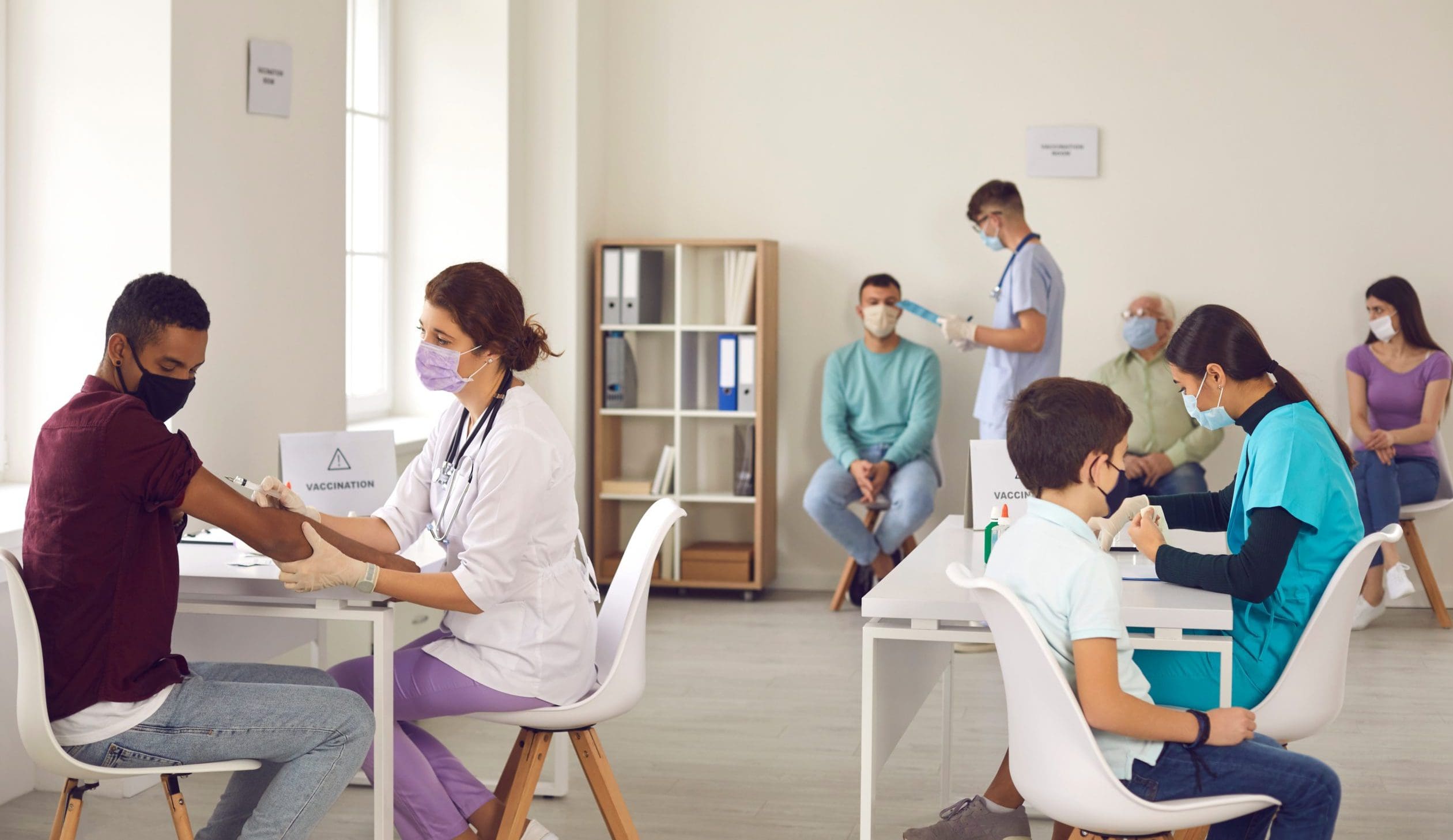The Rio Grande Valley, like many other communities in the United States, is facing a diabetes epidemic. In 2000, 8 percent of adults in the region reported having diabetes, and by 2015 that number doubled to 16 percent. Research from the UTHealth School of Public Health in Brownsville estimates that at least as many people with diabetes were undiagnosed, increasing the number to 1/3 of the adult population. The growing health crisis of widespread diabetes threatens individuals, families, the health system, and the prosperity of the Rio Grande Valley community.
Rio Grande Valley community leaders worked with FSG in 2014 to accelerate their progress on diabetes prevention using the collective impact approach, with support from Methodist Healthcare Ministries South Texas, and formed Unidos Contra Diabetes.
FSG supported Unidos Contra Diabetes in assembling a steering committee that represented the organizations working on diabetes management, and the diverse voices of community members in the Rio Grande Valley including community leaders from hospitals, public health agencies, community clinics, academia, community-based organizations, and faith-based organizations.
FSG has become an invaluable partner in our journey to join other funders and practitioners across the world using the collective impact framework. Their guidance helped us to transform our organization’s approach in the communities we serve to more deeply understand the dynamics and unique health challenges of each area, while placing local leaders in the driver’s seat to create needed change.
Patricia Mejia, Director of Community Engagement, Methodist Healthcare Ministries
FSG assembled data on the diabetes epidemic and the economic, cultural, and health impacts on various populations in the region. In analyzing this data, the steering committee decided to focus on preventing, rather than managing diabetes. Their commitment to this common agenda arose from a shared concern that enormous community resources and effort were flowing into managing diabetes, and almost no effort or attention was going into prevention. In the face of this unsustainable pattern, they jointly committed to making a change, establishing an audacious goal of reducing Type II diabetes by 10 percent by 2030.
Through discussions with individuals with diabetes and pre-diabetes, their families, caregivers, and community health workers, the steering committee members developed a better understanding of the assets and barriers in preventing diabetes. These community perspectives, supported by rigorous data analysis, helped inform the creation of working groups to focus on public policy, data collection, risk-factor awareness, improved screening, access to lifestyle support programs, and medical systems integration. Equipped with the landscape assessment FSG provided, the steering committee came up with over 200 innovative ideas for preventing diabetes in the Rio Grande Valley.
After establishing the working groups, FSG helped the steering committee select and reach out to potential working group members, hosted orientation sessions, and supported the development of initial strategies and key indicators of success for each group.
FSG’s process for co-creating strategy recommendations and indicators included extensive analysis of local and national government health data, relevant health literature, interviews with leaders in the field, and community meetings. FSG and Methodist Healthcare Ministries staff also spent time with families living with diabetes, went on medical visits with patients, and conducted focus groups to better understand how Unidos Contra Diabetes could support the Rio Grande Valley Community.
The FSG team also supported the Unidos Contra Diabetes effort to launch a selection process to identify a backbone organization to support their work in the future. That process led to a partnership between the UTHealth School of Public Health in Brownsville and local community-based organization Proyecto Juan Diego to provide ongoing backbone support.
Today, Unidos Contra Diabetes continues to make progress toward preventing diabetes in the Rio Grande Valley. The effort has launched the Rio Grande Valley’s first Diabetes Prevention Program (DPP), a lifestyle intervention program recommended by the CDC for reducing diabetes risk. This program is now available in many locations across the Valley, and steering committee members have trained lifestyle coaches and recruited at-risk patients. Through this work together, Methodist Healthcare Ministries is poised to bring the collective impact approach to improving health across the state.
About Methodist Healthcare Ministries
Methodist Healthcare Ministries of South Texas, Inc. is a private, faith-based, not-for-profit organization dedicated to creating access to health care for uninsured and low-income families through direct services, community partnerships, and strategic grant-making in 74 counties across South Texas.



